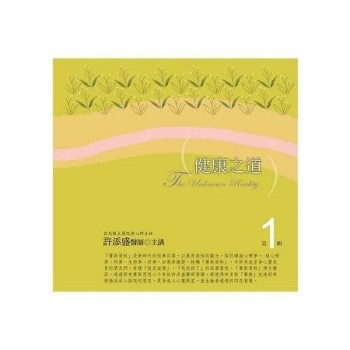As social practices now frequently extend beyond national boundaries, experiences and expectations about fair and legitimate politics have become increasingly fragmented. Our ability to understand and interpret others and to tolerate difference, rather than overcome diversity, is therefore at risk. This book focuses on the contested meanings of norms in a world of increasing international encounters. The author argues that cultural practices are less visible than organisational practices, but are constitutive for politics and need to be understood and empirically 'accounted' for. Comparing four elite groups in Europe, Antje Wiener shows how this invisible constitution of politics matters. By comparing individual interpretations of norms such as democracy and human rights, she shows how they can mean different things, even to frequently travelling elite groups.
| FindBook |
有 1 項符合
The Invisible Constitution of Politics的圖書 |
 |
The Invisible Constitution of Politics 作者:Wiener 出版社:Cambridge University Press 出版日期:2008-09-15 語言:英文 規格:精裝 / 266頁 / 22.9 x 14.7 x 2.3 cm / 普通級/ 雙色印刷 |
| 圖書館借閱 |
| 國家圖書館 | 全國圖書書目資訊網 | 國立公共資訊圖書館 | 電子書服務平台 | MetaCat 跨館整合查詢 |
| 臺北市立圖書館 | 新北市立圖書館 | 基隆市公共圖書館 | 桃園市立圖書館 | 新竹縣公共圖書館 |
| 苗栗縣立圖書館 | 臺中市立圖書館 | 彰化縣公共圖書館 | 南投縣文化局 | 雲林縣公共圖書館 |
| 嘉義縣圖書館 | 臺南市立圖書館 | 高雄市立圖書館 | 屏東縣公共圖書館 | 宜蘭縣公共圖書館 |
| 花蓮縣文化局 | 臺東縣文化處 |
|
|
圖書介紹 - 資料來源:博客來 評分:
圖書名稱:The Invisible Constitution of Politics
|











